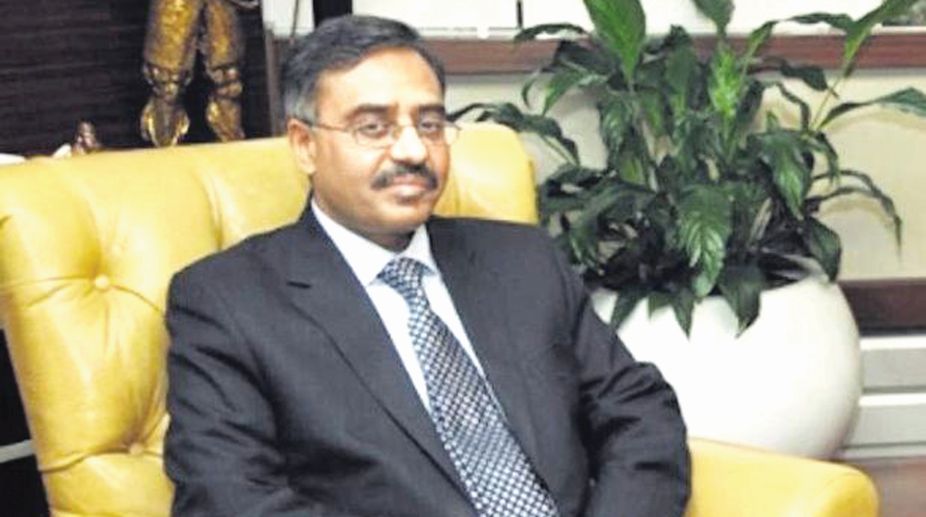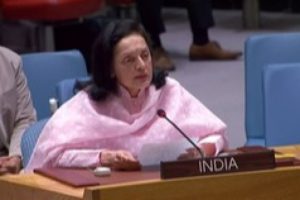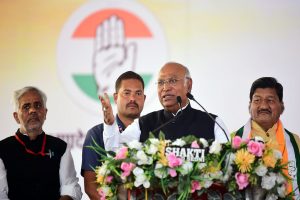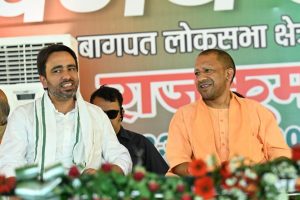The High Commissioner of Pakistan continues the thankless task of representing his country in India: just days ago he was called back to Islamabad to signal his country’s displeasure at the treatment of its diplomats, but soon he was back again, having had only a brief spell in the purgatory reserved for recalled ambassadors.
This has been a fitful journey ever since he came to New Delhi, which would have given him a good idea of the complexities and challenges of his task, and though like his many predecessors he must have tried to find a way forward it does not need to be repeated that Indo-Pak affairs are tricky and often potentially explosive, the difficulties magnified by the enormous public interest they attract, that subjects the slightest development and event to unending scrutiny.
The departure of the High Commissioner ‘on consultations’ and his fairly speedy return are reminiscent of previous occasions when diplomatic representatives were tossed to and fro and had to bear the brunt of inescapable uncertainties: in Indo-Pak matters the diplomats have to remain alert to changing circumstances and to the ever-present possibility of matters going awry and disrupting their lives.
Little can be achieved, however, by such means, and well-established international conventions require host governments to provide for the security of accredited diplomats, and the practice of reciprocity ensures that neither side can cross certain limits in its handling of the representatives of the other.
This is a commonplace and well-established practice, but even so there are occasions when one side or other is tempted to tamper with the rules. The Pak High Commissioner’s unscheduled but brief return to his country remained a diplomatic gesture and was not permitted to escalate into anything more untoward.
It is worth noting, too, that there has been a reduced exchange of hostile rhetoric while these bilateral exchanges have been in progress. That is unusual, for we have now become accustomed to strong words being exchanged, with the media playing a very active part in the exchanges.
Most recently, however, the rhetoric has been more measured, with both sides somewhat more restrained in what they have had to say. Thus the return to his post of the Pak HC has been handled with considerable restraint and has not been regarded as yet another occasion for the two sides to exchange taunts and censure.
This is not to suggest that there is any sort of sea-change in how matters are conducted and we may well see more of the harsh altercations that have marked Indo-Pak ties for so long, but for the moment there seems to be a mild reprieve.
During this spell the Pakistan National Day observance was conducted without any incident, with the newly returned High Commissioner presiding over the event, which was another indication that the two sides are maintaining a correct posture and not using important public occasions like the National Day to try to discomfit the other ~ the Pak envoy himself has said that he wishes to sort out as soon as possible the issue of harassment of diplomats, which is in the interest of both parties.
These recent exchanges beginning with the recall of the High Commissioner and leading up to his swift return, showed yet again how Indo-Pak matters can be volatile and unpredictable.
Calling the High Commissioner home did not make any particular point and if his authorities went through with the process of sending him and bringing him back it could well have been in order to make a demonstration of resolve at a time of pressure.
Such gestures are familiar enough and have occurred several times in the chequered path of Indo-Pak exchanges, for there is no end to the fault-finding on either side.
The bigger challenge is to develop some sort of useful interaction, something that has been in short supply while some of the hard-won benefits of dialogue have been more or less negated by renewed hostility, especially along the border.
The slight lightening of mood described above should not be given exaggerated significance, for the hostile elements remain active and even in the last few days there have been violent incidents that add to the long litany of disruption.
But even if prospects remain uncertain there are some more encouraging stirrings to be noted. Perhaps the most significant of these is the call for renewed trade across the LOC that has been made by the Chief Minister of J&K.
In voicing this demand Ms. Mehbooba Mufti has drawn inspiration from her late father who was a forthright proponent of cross-LOC trade, and was able during his time at the top to do something about it.
Opening up of direct access to enable trade to take place has been a popular move that has permitted commerce to move, lessened the sense of isolation, and brought new-found prosperity to parts of J&K that had been left in relative isolation.
This may be a suitable time to revive the effort desired by Ms. Mufti. It offers real benefits to the local population and would be supportive of a regime offering expanded economic benefits.
It would perhaps be over-ambitious to envisage a broader regional arrangement at this stage, for the political and strategic issues would be difficult to surmount.
But India has been advancing in that direction as its overland trade with both Iran and Afghanistan has grown and developed substantially.
This is still the most direct line of access to India, and what the Chief Minister has mentioned actually retraces ancient trade routes that were once very active even if they are not very busy today.
It is important nevertheless to look at the enlarging possibilities of trade and economic exchanges. A more accessible region is in everyone’s interest and it would be desirable for the Chief Minister, putting her State’s interest to the fore, could elaborate on the initiatives for which she has already expressed support.
The writer is India’s former Foreign Secretary











